
Other Issues
-
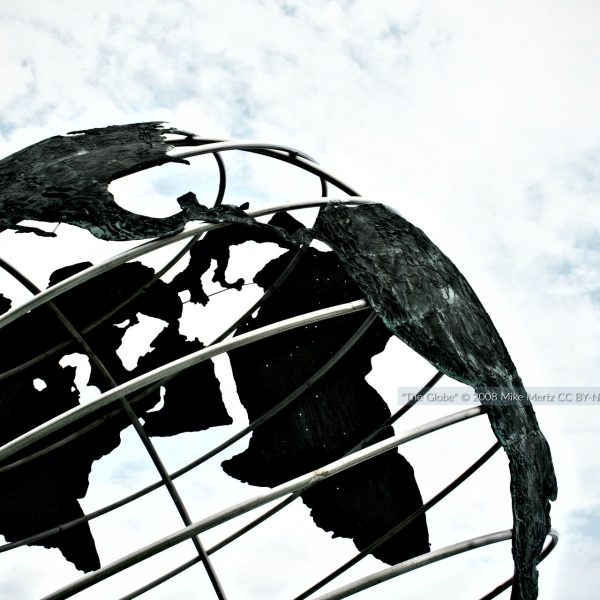 Other Issues
Other IssuesHuman Rights
The Internet Society believes that people deserve to have their rights protected on the Internet as well as offline. We believe in the power of the Internet to bring all of us closer together. Whether people use the Internet to create powerful apps, find information, buy and sell things, or even just stay in touch with their family and friends — it’s important we all have the freedom to do any of these of things online.
-
 Other Issues
Other IssuesDomain Name System (DNS)
The Domain Name System (DNS) is a global database that translates domain names (such as www.internetsociety.org) to Internet addresses that are used by computers to talk to each other. DNS also provides other information about domain names, such as mail services.
-
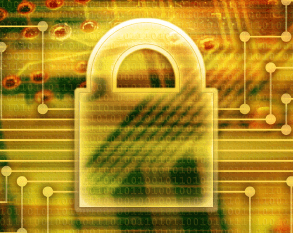 Other Issues
Other IssuesDomain Name System Security Extensions (DNSSEC)
DNSSEC allows users to have more confidence in their online activities. DNSSEC acts like tamper-proof packaging for domain name data, helping to ensure that you are communicating with the correct website or service. DNSSEC also provides us with a platform for future innovations to enhance user confidence in Internet-based services.
-
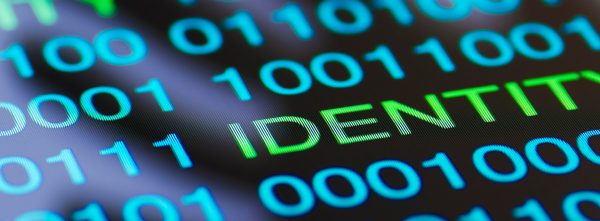 Other Issues
Other IssuesIdentity
The Internet Society works in both the technical and policy arenas, supporting the development of tools and policies that empower people to manage their online identities and the ‘digital footprint’ they leave behind.
-
 Other Issues
Other IssuesInternet Governance
The success of the Internet as an open and trusted platform for innovation and empowerment depends on a decentralized, collaborative, and multistakeholder approach to Internet governance.
-
 Other Issues
Other IssuesInternet of Things (IoT)
Today billions of devices are connected to the Internet in what we call the “Internet of Things” or “IoT”. These devices are already transforming our lives, but as they do, there are also serious challenges that must be addressed to maximize the potential benefits.
-
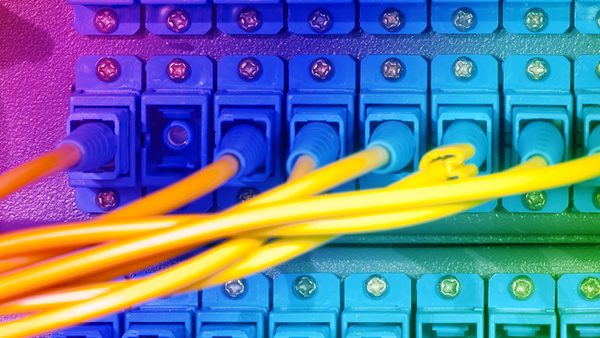 Other Issues
Other IssuesIPv6
The world officially ran out of the 4.3 billion available IPv4 addresses in February 2011. Yet, hundreds of millions of people are still to come online, many of whom will do so in the next few years. IPv6 is what will make this possible, providing enough addresses for everyone and all of their various devices.
-
 Other Issues
Other IssuesOpen Internet Standards
The Internet is fundamentally based on the existence of open, non-proprietary standards. They are key to allowing devices, services, and applications to work together across a wide and dispersed network of networks.
-
 Other Issues
Other IssuesPrivacy
The ability to interact online without sacrificing personal privacy is a vital part of the Internet’s value, and is intimately related to its trustworthiness.
-
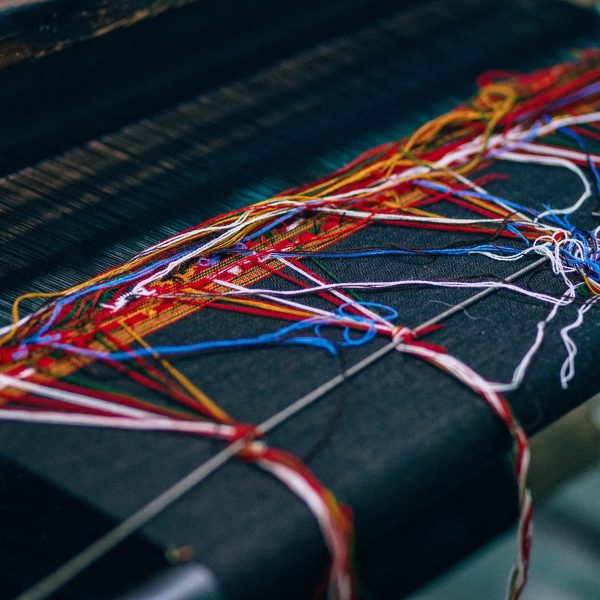 Other Issues
Other IssuesSecuring Border Gateway Protocol (BGP)
Border Gateway Protocol (BGP) helps stitch together the thousands of networks that collectively deliver what we think of as the Internet.
-
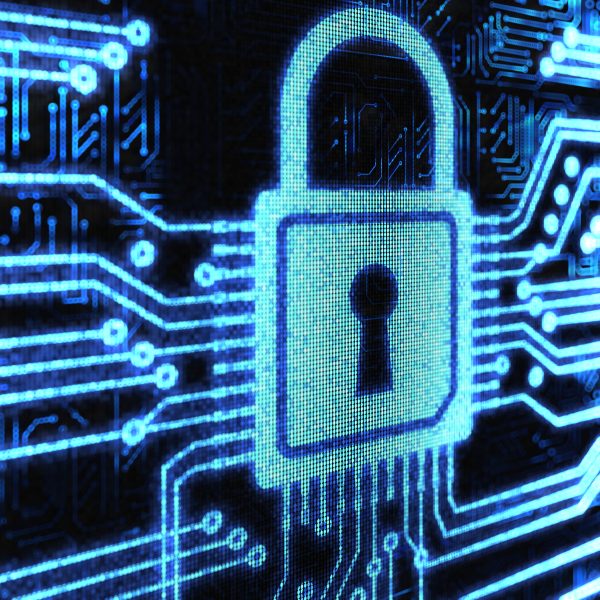 Other Issues
Other IssuesTransport Layer Security (TLS)
Transport Layer Security (TLS) encrypts data sent over the Internet to ensure that eavesdroppers and hackers are unable to see what you transmit.
-
 Other Issues
Other IssuesWomen in Tech
From Yvonne Marie Andrés’s early laying of groundwork for online education to Radia Perlman’s impact on how how networks move data to Kanchana Kanchanasut’s and Dorcas Muthoni’s work to connect the global south, the Internet would not be what it is today without the brilliance of women. Celebrate some of the women around the world making the Internet a safer and more trusted place.